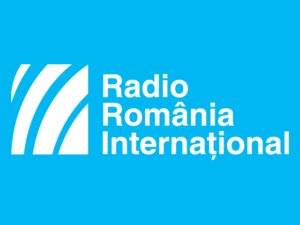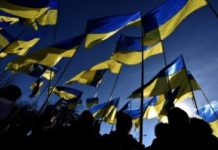The consequences of the conflict initiated by the Russian Federation against a sovereign country are also being felt in the entire Black Sea area, affecting the countries in the region, as well as the Euroatlantic and global security per se, says a communiqué issued by the Romanian presidency at the end of the meeting. Members of the aforementioned council have tackled the support Romania continues to give to Ukraine and the proposals to deal with potential threats so that peace may be kept in the Black Sea region and an expanded conflict be avoided.
The proposals are mainly focused on ways of implementing the decisions adopted at the NATO summit in Madrid, strengthening the armed forces, increasing the number of Allied exercises on the Romanian territory, stepping up dialogue with Turkey, Bulgaria and Georgia over security as well as capitalizing on opportunities in the field of economy and interconnectivity in the enlarged Black Sea region.
The CSAT has also approved the updating of the ‘Armata 2040’ programmes on its main directions: providing funds to personnel, reconfiguring equipment programmes and streamlining the country’s defence industry. Participants have also endorsed the proposals presented by the Ministry of Energy on strengthening the country’s energy resilience and assuring the continuity of electricity and natural gas supplies at prices that shouldn’t be a burden for the Romanian citizens.
Also high on the latest CSAT agenda have been ways of encouraging short and medium term investment in developing the onshore and offshore production of natural gas, as well as the short-term use of coal resources in order to overcome the present energy crisis, boosting the capacity of extracting and storing local resources as well as the dialogue with foreign partners to get access to alternative gas resources from countries like Azerbaijan, the United Arab Emirates, the USA and Saudi Arabia. The CSAT members have mentioned the importance of the medium-term introduction of the fourth-generation of small and medium nuclear reactors as well as the consolidation of the transport infrastructure for electricity and natural gas.
(Corina Cristea, Radio Romania International)











